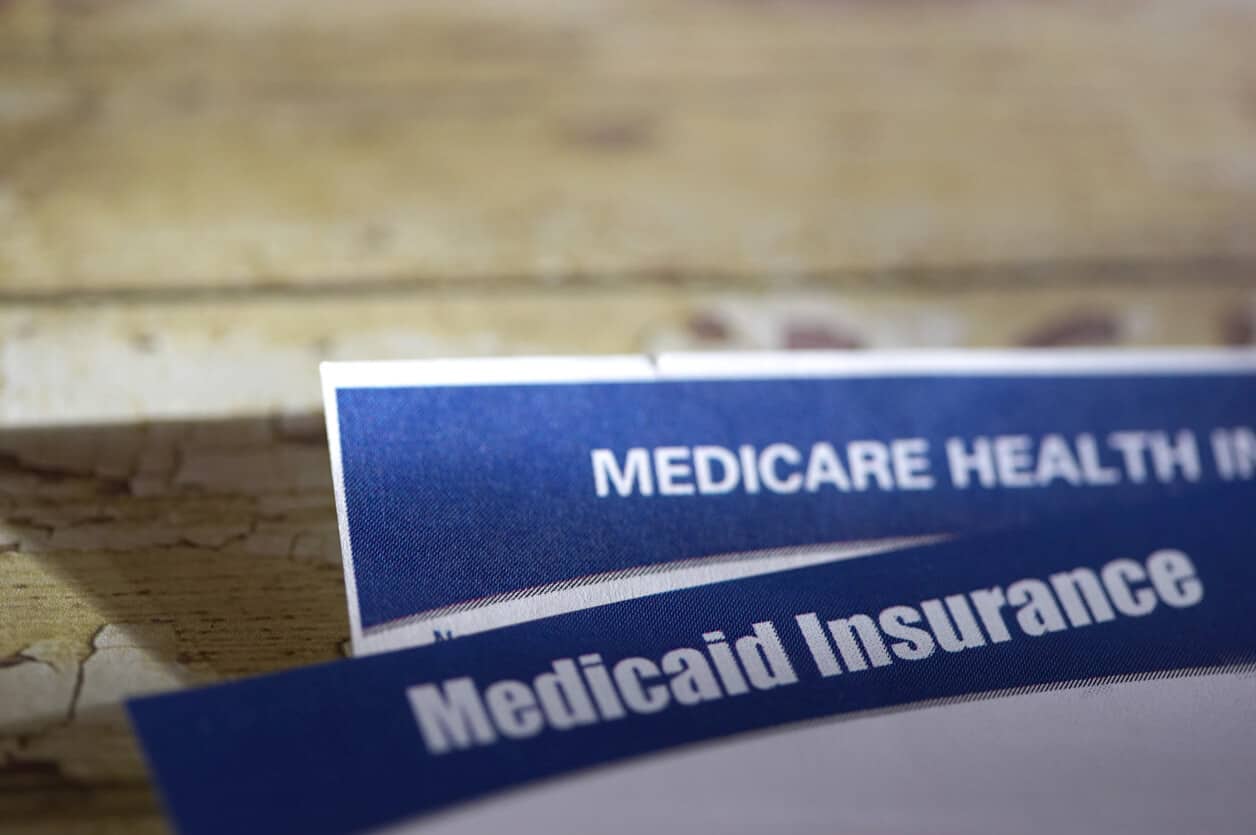No, Medicaid does not pay for the cost of cremation. Instead, Medicaid resources typically cover only specific medical expenses. (Contact a licensed Medicare sales agent to learn more about the medical coverage you can receive from Medicare Advantage and other programs.)
Even though the Medicaid program does not cover end-of-life costs, it can help you save money for final expenses. Keep reading to learn how. In some situations, there may be state or local help available to pay for funeral expenses.
Table of Contents
Are You Looking for Help with Paying for Funeral Expenses?
Before we give you some ideas on how to receive funeral assistance, it’s worth noting that there are highly affordable options for those worried about covering funeral costs. For example, direct cremation is an inexpensive method of disposition. Here’s how it works:
Contact a direct cremation provider in your area when your loved one passes. After you say your final goodbyes, the body will be removed from the place of death to the cremation center. The cremated remains will be returned to the family members within a few days.
You may choose to have a memorial service immediately after the death. However, some families schedule memorial services at a later, more convenient date. Unfortunately, your Medicare plan does not cover this simple, low-cost option. However, it is highly affordable and may not require you to need financial assistance.
Options to Help You Pay for Funeral Costs
Again, Medicaid can’t be used to pay for funeral expenses. However, Medicaid services and Social Security do provide some forms of support.
You can earmark funds for your own funeral.
Medicaid recipients are permitted to set aside money in a separate account for end-of-life services (or prepay a funeral home). Such funds are not counted as an asset when determining eligibility for Medicaid benefits. Additionally, interest earned on the burial fund does not count as income, so it would not affect your Medicaid eligibility.
The specific rules for pre-paying for funeral expenses vary from state to state.
Your family will receive a small amount of financial support from Social Security.
The Social Security Administration death benefit is $255, paid to the surviving spouse or the children of the deceased. To receive these social security benefits, you’ll need to find the social security number of the deceased person.
You may be eligible for assistance from the Pennsylvania Department of Human Services.
The Department of Human Services will provide payment for burial and cremation services for specific individuals. You may be entitled to benefits if the deceased:
- received Supplemental Security Income or SSI
- received cash benefits from the Department of Human Services before death
- was a resident of a nursing home who received SSI or nursing home care payments before Jan. 1, 1973, continuously to the present.
- is determined by the local county or state administrator to need assistance.
To receive payment, seek help from a local funeral director registered as a provider with the department. These individuals may also be knowledgeable about other state and local government programs that may help cover funeral and burial costs.
Other resources may help pay for burial expenses or cremation costs.
Other funds may be available. Consult your loved one’s labor or trade union. Of course, if your loved one was a Armed Forces member, they may also be entitled to benefits.
An Alternative to a High-Priced Funeral Home Service
Don’t worry if you or your family member don’t qualify for burial assistance. Philadelphia Cremation Society offers low-cost and compassionate direct cremation services. To save even more money, consider prepaying for direct cremation. Fill out our form to request a quote or call (610) 936-8615 to speak to a Philadelphia Cremation Society funeral director.





